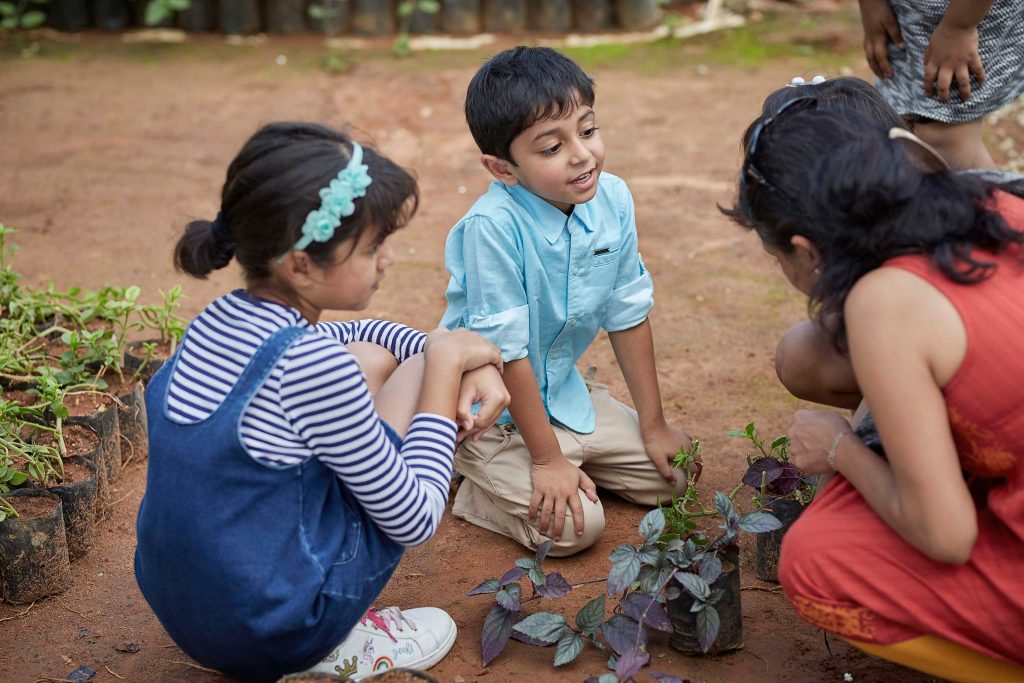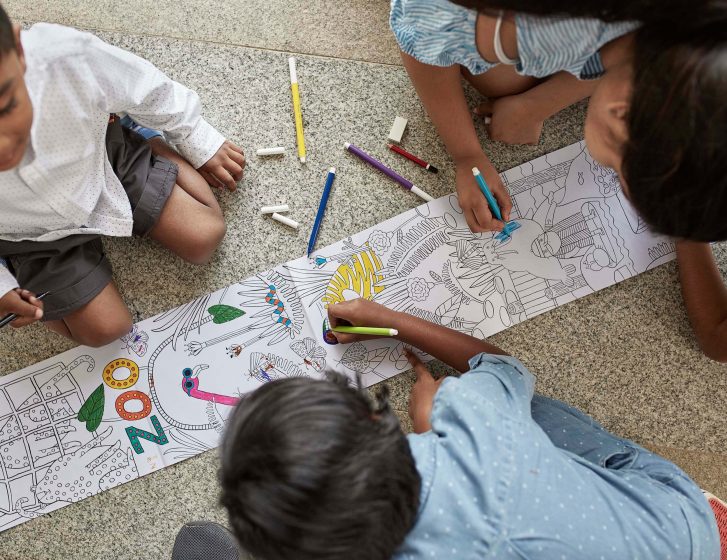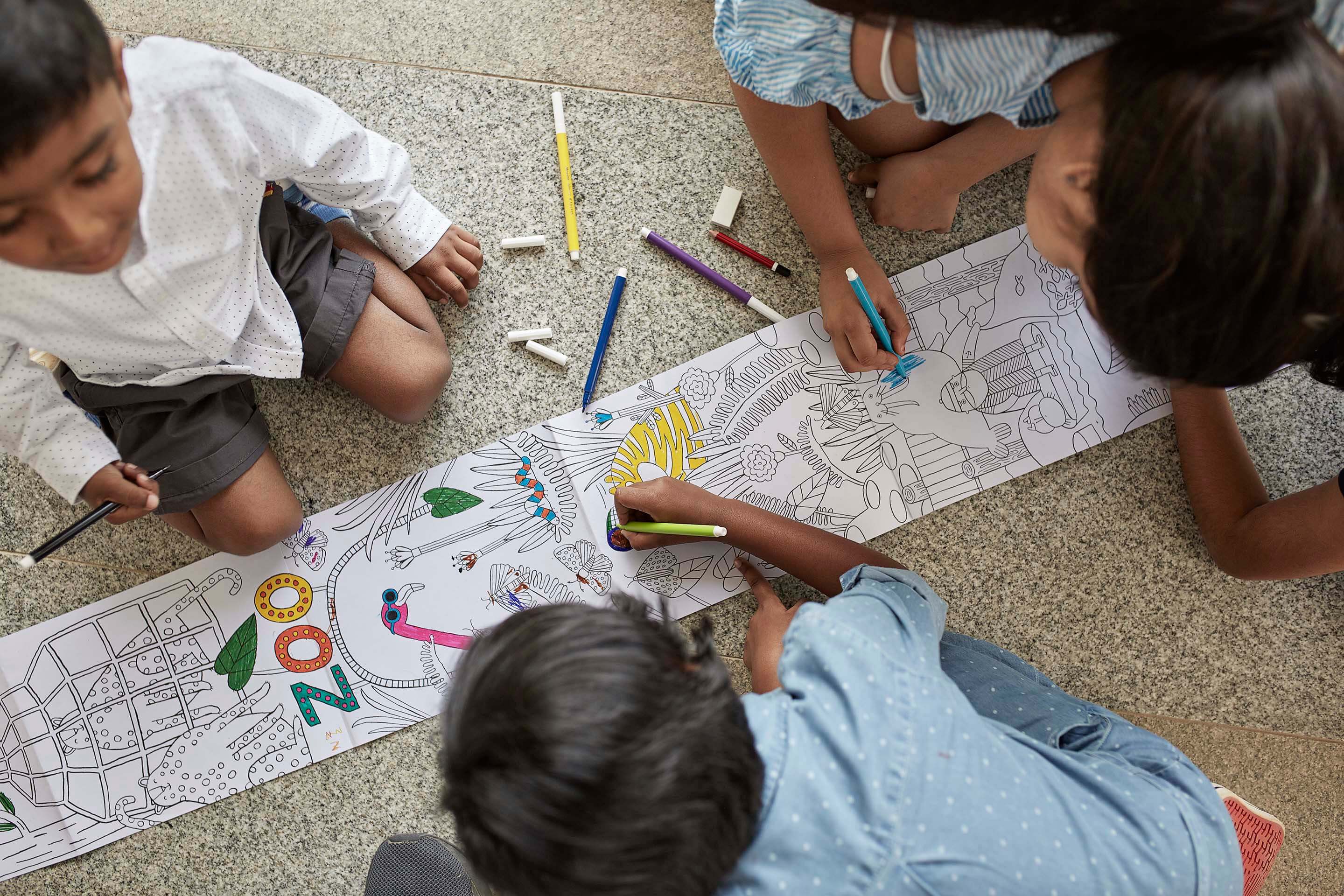Children are naturally disposed to play. While playing, children learn a host of skills that help develop their personality, interpersonal skills, and even pick up essential leadership traits. Yet, today’s curriculum in schools separates learning and play with time set aside for both individual tasks. There is immense scope to integrate the natural disposition of children to play with the learning curriculum as children learn while playing without even knowing they are doing it.
Modern-day leaders require enhanced cognitive and social skills to solve problems. Learning with play helps kids develop these abilities to shape them into problem-solvers of the future. Learning with play paired with the traditional education methods helps children process different pieces of information at the same time while learning how to use data to achieve a particular goal. Here are some of the benefits of learning with play:

- Problem-solving: One of the most significant advantages of learning with play is that it transforms children into problem solvers by developing their cognitive skills. They learn about the cause and effect, that their actions will set in motion. Kids understand how to make things happen when learning through play. By using LEGO blocks, kids learn concepts like building tall structures, balancing weights, measurement, and so on. Developing these skills early on and honing them along the course of education will make children experts at methodical problem-solving.
- Learning to play with others through conflict resolution and sharing: While playing, children learn to play with others and reach shared goals, a skill that is crucial in today’s day and age. Children learn to be assertive, grasp negotiating skills, and understand the concept of teamwork. Learning with play helps children develop social skills while building meaningful friendships.
- Development of fine and gross motor skills: Motor skills are a learned ability to cause a predetermined outcome with maximum certainty. Play helps children learn gross motor skills like running, throwing and pedalling. Playing also improves fine motor skills like writing, colouring, and even buttoning.
- Nurturing children’s imagination and creativity: Children’s capacity for imagination and creativity are enhanced when their critical thinking skills come together to produce something new or different every time. Play creates a stimulating




